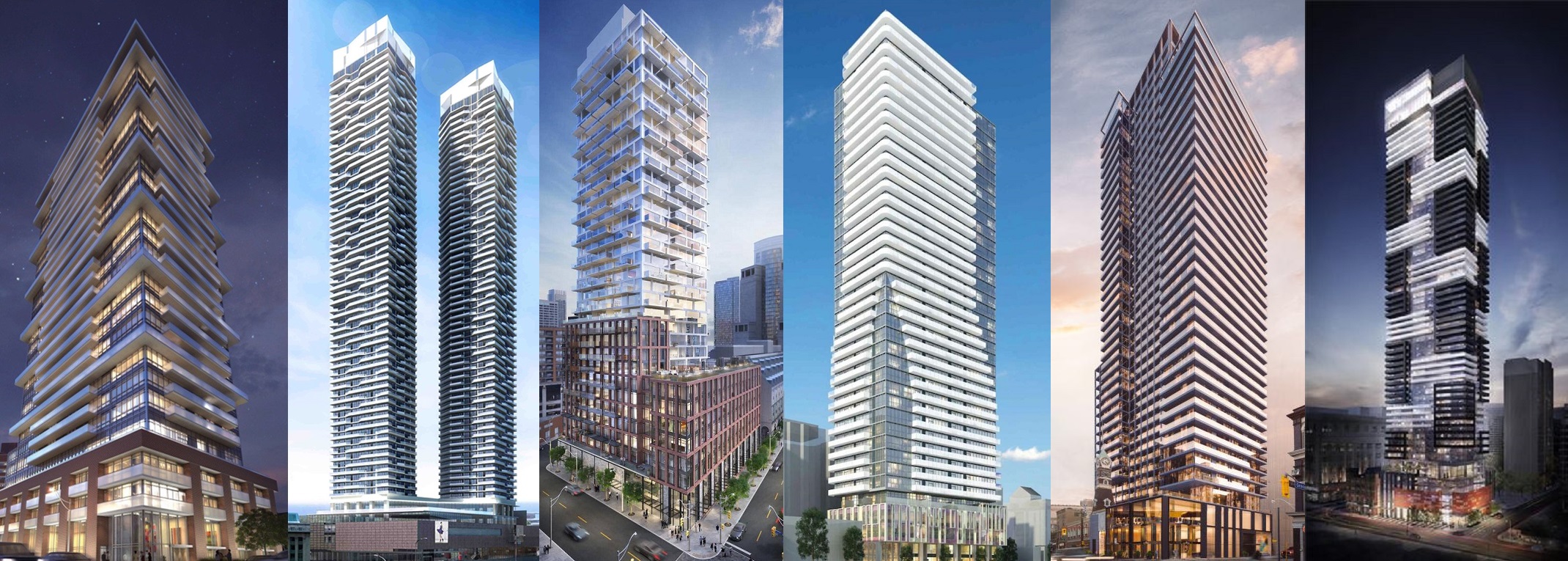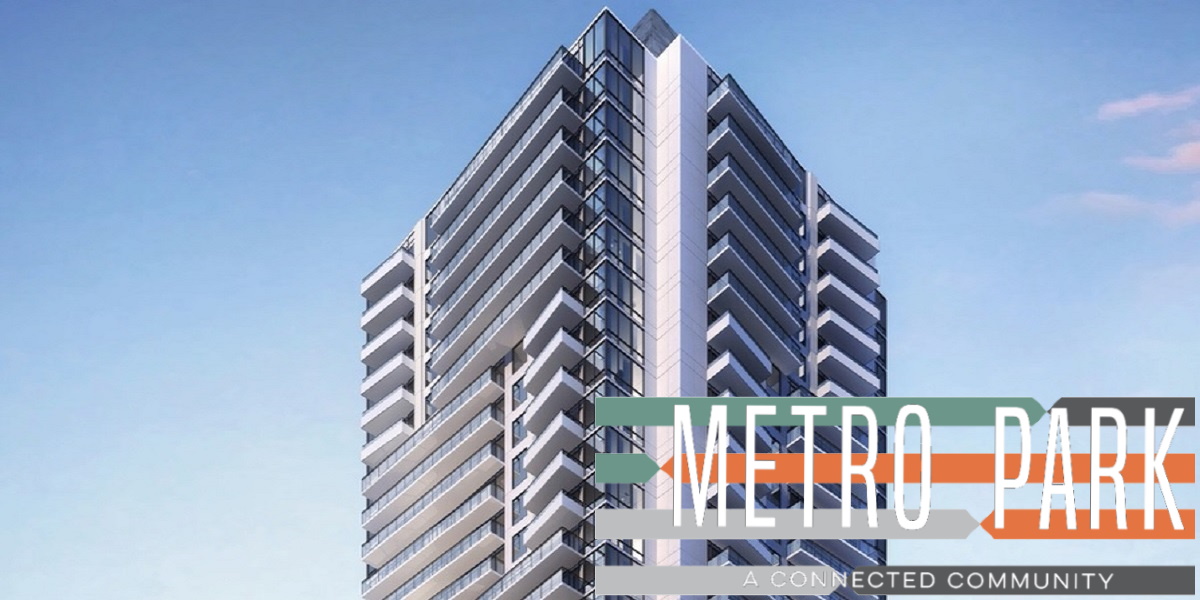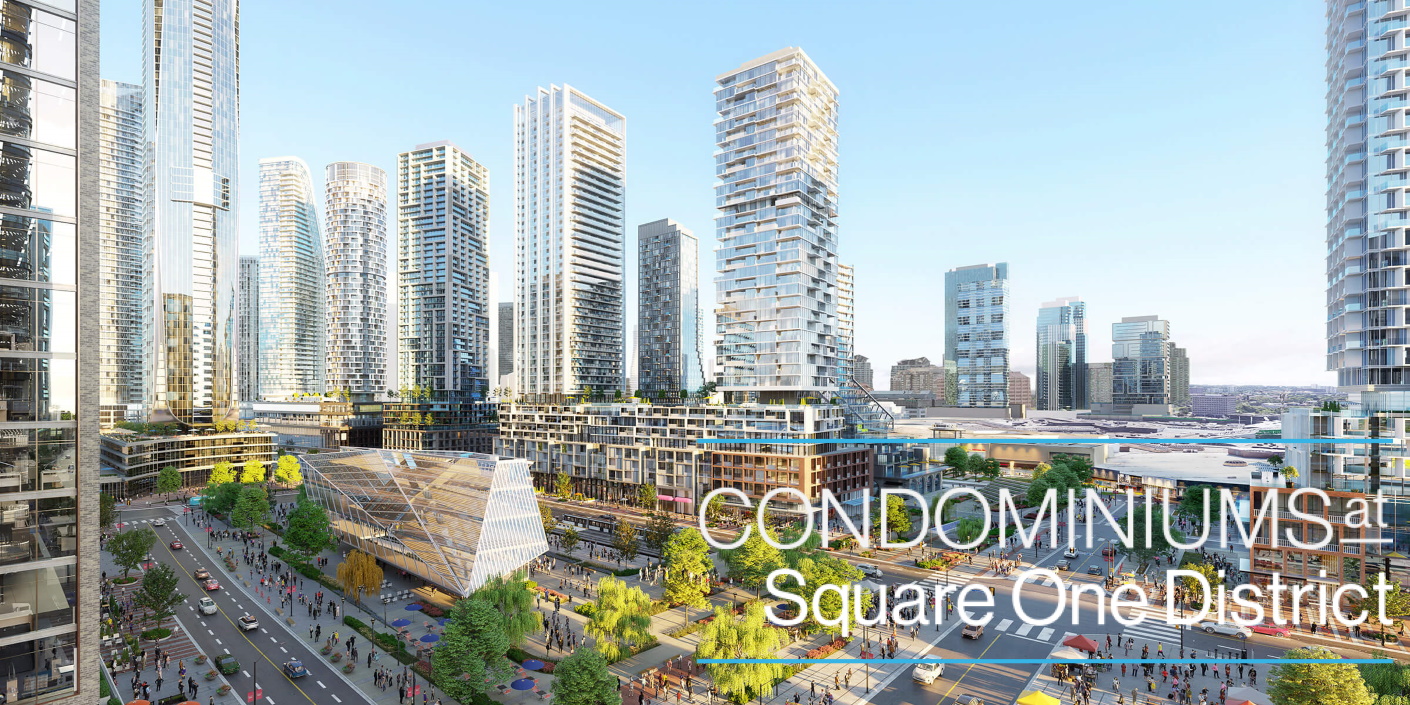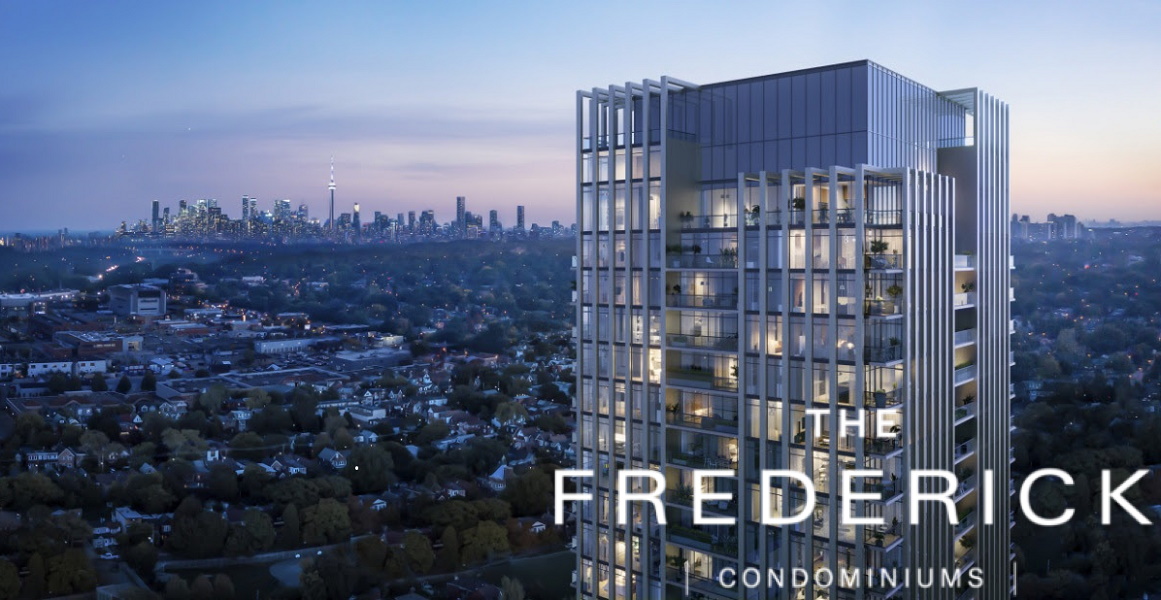Buyers info
Money Talk
Buying a condo unit before the project is actually built is a big financial investment. That's why it's important to consider all
the financial details before you commit. Speak with a mortgage broker on different options of financing. It's crucial to set a
realistic budget and plan as best as possible for your condo now, even though it won't be ready for several years.
If you're considering purchasing a preconstruction condo, remember that the person working for the builder is working in the
seller’s best interest. Only a Realtor that represents you and is experienced in selling pre-construction can honestly estimate
your final out-of-pocket costs, and inherent risks.
If you ask "Can I afford your services, how much do you charge?" The answer is: "nothing". There is a fee incurred,
but it's the developer who pays it. A prudent buyer might think that if they go into a sales centre, without a Buyer
Representative, they can get a reduction on their unit because they builder won't have to pay a commission, – Not True!
They sell their units for the same price regardless if you have a buyer's representative or not.
Can you afford not to have us represent you?
The Deposit
Deposit or in other words Down Payment is a sum payable as a first installment on the purchase of something or as a pledge for
a contract with the balance to be paid later. A loan or the amount in cash is then required to make the full payment.
You can buy a resale condo with as little as 5% down, but for pre-construction condos, a 15-20% down payment is standard.
In some projects it may go up to 25%. After your initial signing deposit, the balance is paid in installments up to closing. Usually a set amount $3,000, $5,000,
etc.) is required when the agreement is first signed, and the balance to 5% is due within 10 or 30 days. From there, there
are various ways the remainder of the deposit is paid – for example, an additional 5% at 60 days, 5% at 120 days, 5% 180
days, or sometimes the deposit is timed with the phases of construction (5% when they break ground, 5% on occupancy, etc.).
Interim Occupancy Costs
On preconstruction condos there are two closing days. There is the day you move into your unit, and the day that the unit officially becomes yours and your name is placed on title. Once your home is ready for occupancy, you will receive the keys and the builder will start charging you Interim Occupancy Rent. At this point in time, you are not paying your mortgage, or maintenance fees, because the building has not yet been registered. A few months after you move in, the building will register, and you will have an official closing date. On closing date your name is placed on title, and you will start paying your mortgage, maintenance, taxes and utilities. Interim Occupancy Rent fees are calculated based on an estimate of taxes, condominium fees and a monthly interest payment on the remainder of the total purchase price, meaning the money you haven't put down to date. These fees are charged monthly during the interim period and are usually given to the developer in the form of post-dated cheques.
Builder Closing Costs
Closing costs include land transfer taxes, meters, legal fees, warranty fees, development levies and administration fees. Condo developers are required to pay certain development levies to municipalities to help fund city infrastructure. In exchange for approved increases in height or density, developers often make monetary contributions to help build public community centres and parks. When the unit is officially registered and you close on the purchase, you’ll be responsible for all sorts of closing costs that don't apply to resale units These 'builder adjustments' apply to all new construction projects and include development and education costs, HST on appliances and utility connections fees. These builder closing costs can easily pump up your purchase price by 1-3% of the original amount. If you're looking at taking over someone else's contract via an assignment, look to see if the original purchaser capped the amount of these costs when they originally negotiated the unit. A reputable builder will not attempt to hide any closing costs from you, and will actively work to include any extra fees into the price of the suite so that they can be included in your mortgage payments.
- Development Levies, Environmental Fees, And Utility Hookups
If these aren’t capped, they can theoretically end up costing you in the tens of thousands on top of traditional closing costs. Most lawyers will recommend a having a "Cap" placed on these additional fees. With preconstruction condos, it's fair to ask for cap between $2,500-$5,5000, but its not unheard of to have caps as high as $10,000. - Nickel And Dime Charges
Once you've capped your development levies and utility hookups, you're still not safe for additional nickel and dime charges, which are added on top of your maximum cap. Builders, and their lawyers, are extremely creative. They might request that you pay for the dismissal of their building loans (a few hundred bucks). They might charge you a fee for each cheque they cash ($75-100 per a cheque). There are many creative ways that builders pass their operating costs onto the buyers, it's up to the buyers and the buyers' representatives to ensure they know exactly what they are agreeing to pay. - Development Charges
Closing fees like development charges need to be factored into your investment calculations in order to make solid purchasing decisions. Development charges are issued to a builder from their city when the developer receives their building permit. These charges are paid by the developer to fund infrastructure: roads, libraries, parks, education, the Spadina subway extension… and more. Each city's specific charges are different, because they pay for municipal construction and development. The main development charges are general levies, Education levies, Section 37 levies, and Green Standard levies. To estimate the development charges check the Toronto (and other municipalities) Residential Development Charges Rates charts available online.
Condo Fees
Buying a condo means you must be aware of 2 key expenses: monthly common expense fees (condo fees) and special assessments.
Monthly common expense fees (condo fees) cover the costs of keeping common elements in good repair. They also cover the operating
costs of things like fitness facilities, party rooms and swimming pools. If the condominium has staff, like security, cleaners and
concierge, these costs will be covered by monthly condo fees. Monthly fees may cover all, some or none of the costs of your utilities.
The condominium declaration shows (in percentages) how much each unit must pay in monthly condo fees. Increases can happen at any time
and for a number of reasons, like an unexpected major repair, a lawsuit involving the corporation, or just to keep up with rising costs.
These increases tend to occur when the annual budget is set by the board of directors.
Owners of newly-built condos can experience a significant increase in condo fees in the second or third year of ownership. This is because
fees to cover the cost of certain amenities, like a guest suite that a corporation may have to buy as an asset, might not take effect until year 2.
Although developers estimate monthly expenses for the first fiscal year of a condo corporation, it isn’t until the board of directors takes
over and conducts the first reserve fund study that you begin to know the true costs of maintaining the building.
HST and Other Costs
- You'll have to pay HST
Unlike resale condos, new-build condos are subject to HST. Good news: your purchase may qualify for the GST/HST New Housing Rebate program. - The Condo Reserve Fund
A condo corporation must set up and maintain a reserve fund for the major repair and replacement of common elements and/or assets. These can include the roof, exterior of the building, roads, sidewalks, sewers, heating, electrical, plumbing, elevators, laundry and recreational facilities. The reserve fund is not used to add new common elements such as a new exercise room. When you buy pre-construction, you’ll need to contribute 2 months condo fees to the condo’s reserve fund (the emergency fund). This usually happens at the time of closing. - Assignment Charges
If you are purchasing a property with the intention to "flip" the property in a few years before the project is complete, let your Realtor and your Lawyer know! You need an assignment clause included in the contract. Even if you have an assignment clause, you can only assign your purchase agreement under strict criteria. The builder does not want to complete with you, so they will restrict when you can sell your contract (usually once they have sold 90% of their own units). The builder will charge you around $500 to request the assignment, and they can arbitrarily say no. Some builders will charge you a percentage of the sale price if you assign your contract, usually 1% of your sale price. But that is still cheaper than closing on the property and paying land transfer taxes, and then trying to sell the unit. - Buyer’s Legal Fees
The buyer has to pay a number of fees including legal costs. It may vary, estimated $1900.00 - Realty Taxes/Property Taxes
This can vary, but is estimated for the City of Toronto is approximately 1% of purchase price - Land Transfer Tax (municipal) (provincial)
This is based on purchase price - use our calculator
The good news is that both investors and end-users are eligible for government rebates. If you are buying a suite to be your
primary residence, or a residence for an immediate relative like a spouse, child, parent or sibling, you will be eligible
for the HST New Housing Rebate. You could qualify for approximately $24,000 towards the cost of HST.
If this is an investment property and you choose to lease out the unit for a minimum of one year, you are eligible to apply
for the New Residential Rental Property Rebate from the Federal Government. To qualify, you will have to submit a copy of
your purchase agreement, your Statement of Adjustments and your lease agreement, along with a standard application form.
If you qualify, you can get up to $24,000, paid to you in four months or less. You have up to two years after your final
closing date to apply for the NRRP.







